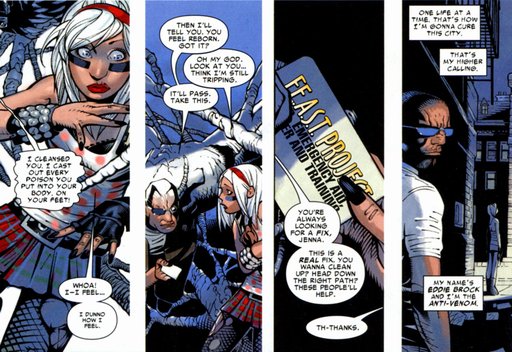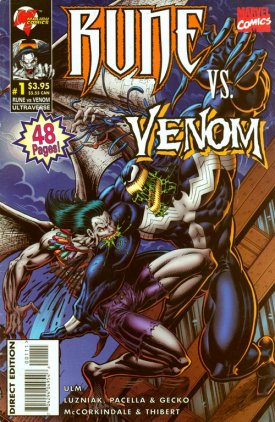This is for the single maternal figures beaten to the floor
And crawled back for the children and stood up for more
And watched those same kids as adults
cut bullshit vinyl kites callin’ women whores
El-P, “Constellation Funk”
Single motherhood is a fact of life for a lot of black people. I’m a product of a single mother, related to others, and I can’t really think of a time when I didn’t have friends who were also products of a single mother.



I don’t know if I have to regurgitate the facts for you. We all know about the lowered expectations, an insult in and of itself, and the hardships that society puts single mothers through. We know that they get sneers at the mall, tut-tuts on the street, and a lack of eye contact in the church. It’s probably a lot like being a leper, only lepers don’t have mouths to feed.
So, single mothers are basically the original hustlers. Work twice as hard for half the reward. Keeping your nose to the grindstone isn’t really enough, is it? You’ve gotta get your whole face in there.
I asked a few friends about single mothers in comics a few weeks ago. I got a decently long list of names. I knew some of them, while others were fairly obscure. I had a hunch before I asked that none of the named characters would be black, and that hunch turned out to be pretty much correct. I’d forgotten about Rocket from Icon, but that was it.
That’s kind of surprising to me. I don’t know whether it’s out of some sense of overcorrecting for stereotyping or what, but black single mothers in comics are shockingly rare. Luke Cage, poster-child for whatever black issues you’d like to hang on his shoulders, was raised in a house with two parents.
I can’t think of a series where real attention was given to a black single mother. There are orphans, single fathers, and ones whose parents are never mentioned, ever. I think that it’d be an interesting move to make. What would a hero that came from a that kind of household be like? What about a villain?


I’ve found that the children of single mothers tend to turn out one of two ways. Sometimes you get what El-P is talking about above, where the kids grow up and don’t respect what came before. You get songs dedicated to whores and a generation of folks making the same mistakes their parents did. On the flipside, you have people who watched someone struggle to make ends meet for years, sacrificing a lot, and learned from that example.
Tell me that situation isn’t rife with possibilities.
It’s odd what makes it into the comics and what doesn’t. I’ve seen drug dealers, civil rights leaders, thugs, businessmen, sidekicks, crackheads, hookers, strippers, and soldiers, but not recurring single mothers. Muslim characters tend to be paper thin, if they appear at all, and I can’t think of a church-going black character who isn’t also a grandma.
In comics, it’s a relatively unexplored aspect of being black in America, and one that’s so much more common than any of the stuff I named above. You’d think that someone, somewhere, has gotten into it, but I haven’t seen it, and it certainly hasn’t happened with any of the major black characters, has it?
Sentences, by Percy Carey and Ron Wimberly, was the first book I read that bothered to give some attention to it, with a frankly hilarious and pretty much true to life scene starring Carey’s mother.
Either way, this one’s for Staci, who showed me that fighting can be literal or figurative, but never optional.









